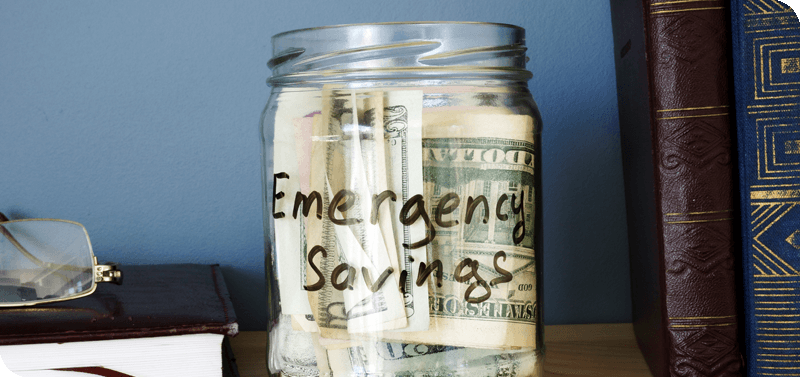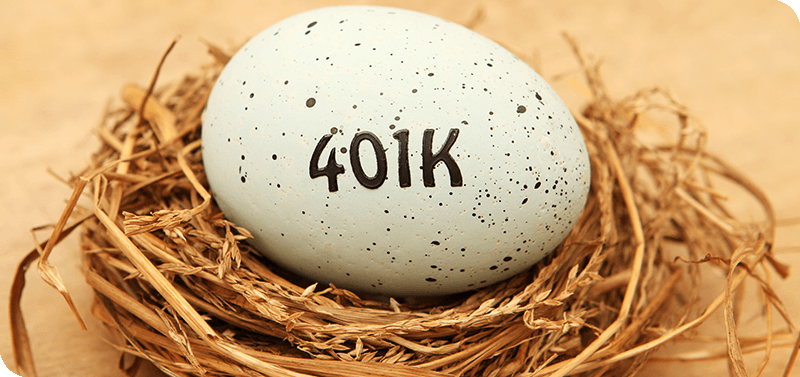A good credit score can be your ticket to credit approvals with lower interest rates and higher credit limits, utility and cell phone services sans security deposits, and even lower insurance premiums. Translation – more money stays in your wallet. There are behaviors, that when performed consistently, can boost your credit score despite poor decisions in the past. To obtain a good credit score, 700 or higher, you must be intentional in your credit boosting efforts. Certain actions have a larger impact on your credit score than others.
Here are some behaviors that can help potential creditors see you as a favorable credit risk.
Make It Automatic
Setting up automatic payment reminder notifications with your creditors will help you avoid making late payments. On-time bill payment is the number one factor influencing your credit score. It’s essential that you do whatever you can to avoid missed or late payments.
Go one step beyond automatic payment reminders and set up an automatic recurring payment from your checking account each month equal to at least the minimum required payment.
Charge It, Then Pay It
The electronic gadget you’ve had your eye on for months finally goes on sale. Unfortunately, you’re low on cash, payday is at least a week away, and the sale ends tomorrow. So, you don’t hesitate in using your credit card to make the purchase.
Resisting a good sale is hard. But, unless you can pay your credit card in full by the next due date, think twice before inserting your card at the register. When you carry a balance on your credit card, two things happen: 1) you’ll pay interest on your purchase and 2) you may lower your credit score.
Credit utilization is an important factor affecting your credit score. Put simply, it’s the amount of credit you have available when compared to your credit limit. The closer your balance owed is to your credit limit, the more it can negatively affect your credit score.
Keeping your balances low (30 percent or less of the credit limit) tells potential creditors that you’re unlikely to be overextended if they grant you additional credit. While it’s okay to carry a small balance on your credit card, carrying large balances month to month will cost you one way or another.
Monitor Your Credit History Report
Since credit scores are based on data in your credit reports, it’s critical that you monitor your credit history report for accuracy. Payments reported late when they were actually made on-time or accounts that don’t belong to you are just a couple of examples of inaccurate information that can negatively affect your score.
Secure a copy of your report from each of the major credit reporting bureaus: Equifax, TransUnion, and Experian. A free copy of each is available once every 12 months when requested at AnnualCreditReport.com. It’s unlikely that each report will contain the same information since creditors do not have to report to all three bureaus. For example, XYZ credit card account data may appear on your TransUnion credit history report, but not on the Equifax or Experian reports.
Review each report carefully. If you find errors, follow the dispute policy for each credit bureau.
Take Advantage of Other Credit Data
Don’t rely solely on your credit card or loan repayment history to demonstrate that you can use credit wisely. You can increase your FICO Score by using your utility and mobile phone payment history as further evidence of your creditworthiness.
Consumers can even use their history of on-time rent payments to boost their credit health. Experian, a major credit reporting bureau, will include your rent payment history for the past 25 months. This can be helpful for individuals with little or no credit history or those trying to rebuild their credit. Request that your landlord report your payment data to Experian RentBureau to get started. If they decline, sign up with a rent payment service provider such as RentTrack or Cozy.
On-time bill payment and low credit utilization are the two factors with the biggest influence on your credit score since they demonstrate your ability to use credit responsibly. If you need to recover from a few credit missteps, apply for a Credit Enhancer Loan. The loan is secured by funds in your savings account, so there’s no credit check or income verification. Payments are reported to a major credit bureau which can help increase your credit score. Take action today because when your credit score rises, you give your financial life a boost.



3 Min Read
One of the most effective tools for preventing a large-scale financial disaster is an emergency fund…
Learn about Emergency Funds7 Min Read
The 50/30/20 rule is a simple, practical rule of thumb for individuals who want a budget that is easy, yet effective, to implement…
How to Set Your New Budget3 Min Read
Even if you’re just starting your first real job—actually, especially if you’re just starting your first real job—it’s time to start thinking about retiring…
How to Plan for RetirementPrince George's Community Federal Credit Union does not provide, and is not responsible for, the product, service, or overall website content available at a 3rd party site. We do not endorse the information, content, presentation, or accuracy nor makes any warranty, express or implied, regarding any external site. Our privacy policies do not apply to linked websites.
You should consult the privacy disclosures on any linked site for further information. Thank you for visiting our website.
To help the government fight the funding of terrorism and money laundering activities, federal law requires all financial institutions to obtain, verify, and record information that identifies each person who opens an account. What this means for you: when you open an account, we will ask for your name, address, date of birth, and other information that will allow us to identify you. We may also ask to see your driver's license or other identifying documents.